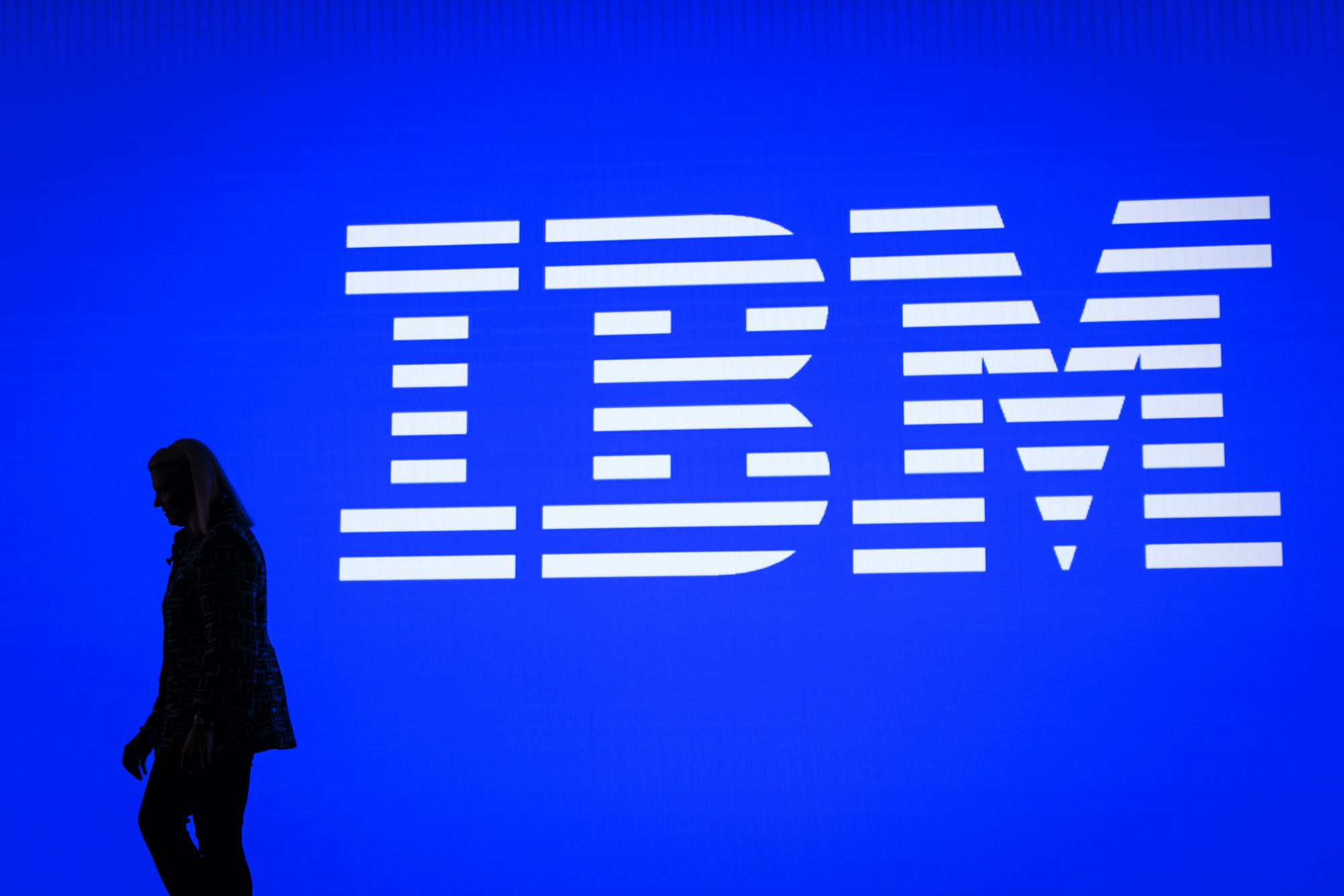
IBM shares dropped by 3% in after-hours trading on Wednesday following the company’s third-quarter earnings report, which revealed lower-than-expected revenue from its consulting and infrastructure segments. While IBM’s adjusted earnings per share came in at $2.30, beating analysts’ expectations of $2.23, the company’s revenue fell short, reporting $14.97 billion against the expected $15.07 billion, according to LSEG’s consensus.
Overall, IBM’s revenue grew 1.5% year-over-year, though the company posted a net loss of $330 million, or 36 cents per share, due to a one-time pension settlement charge tied to an agreement with Prudential. This is a stark contrast to the $1.70 billion in net income, or $1.84 per share, reported in the same quarter last year.
For the fourth quarter, IBM expects revenue growth in constant currency to align with the 2% growth seen in the third quarter. The company reiterated its goal of over $12 billion in free cash flow for 2024, having generated $6.59 billion in the first nine months of the year.
The software segment showed strong performance, generating $6.52 billion in revenue, a 10% increase that exceeded the $6.37 billion analysts had projected. IBM’s acquisition of Red Hat in 2019 continues to pay off, with Red Hat revenue up 14%, compared to 7% in the second quarter. Software also boasted an 83% gross margin, the highest of any segment.
However, IBM’s consulting revenue dropped 0.5% to $5.15 billion, below the $5.19 billion consensus. CEO Arvind Krishna noted that the result was at the lower end of the company’s expectations. IBM’s business transformation revenue grew by just 2%, down from 6% growth in the second quarter. The company is facing continued economic uncertainty, similar to its competitors, according to CFO Jim Kavanaugh.
The infrastructure segment was another area of weakness, with revenue declining 7% to $3.04 billion, below the anticipated $3.24 billion. Kavanaugh mentioned that clients are awaiting the release of a new mainframe computer, expected in the first half of 2025.
On a positive note, IBM’s generative AI business grew to over $3 billion, an increase of more than $1 billion from the second quarter, with about 80% of that coming from consulting and the rest from software. The company also made several strategic moves during the quarter, including expanding its Oracle product consulting network, acquiring Oracle services firm Accelalpha, and completing the sale of its QRadar cloud software to Palo Alto Networks. Additionally, IBM acquired StreamSets and webMethods from Software AG.
Excluding the after-hours decline, IBM’s shares have risen about 43% this year, outperforming the S&P 500’s 21% gain.
Featured Image courtesy of CoinDesk
Follow for more updates on IBM’s report.
